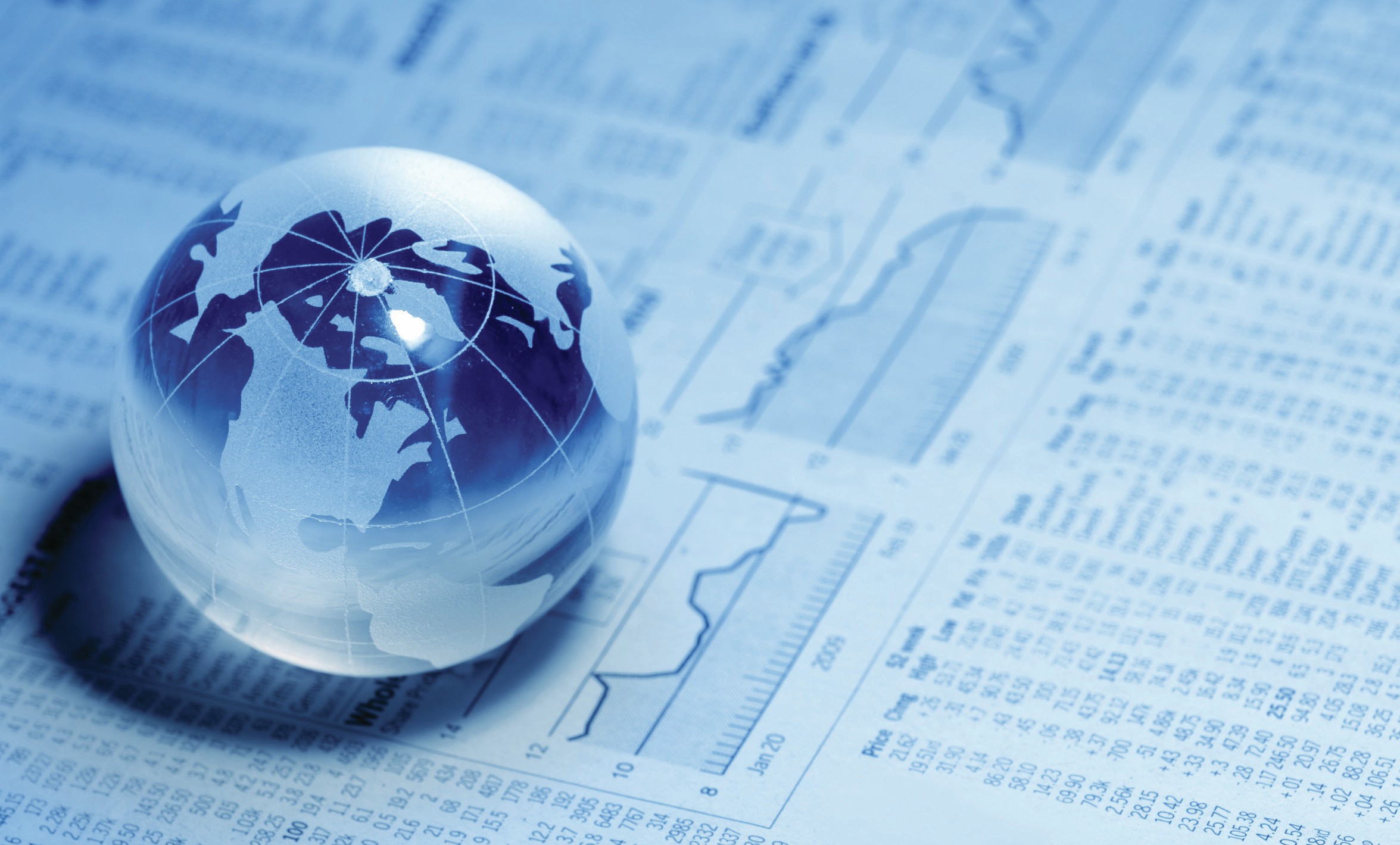
In this article Greg Philo takes a look at how the media reported one of the most significant series of events of the past few years — namely the global financial crisis and its aftermath. He explains how public debate is both shaped and constrained by media reporting, and the power of some people and groups to set the agenda of both what is discussed and, perhaps more importantly, what is not discussed. There is a wealth of relevant material here for students of the ‘Mass media’ and ‘Power and politics’ topics, though all sociology students would benefit from reading the article.
Television and the press cannot simply tell us what to think — people are often critical of media messages (Philo 2008) — but the media are very good at telling us what to think about, in other words at setting agendas and focusing public interest on particular subjects.
Your organisation does not have access to this article.
Sign up today to give your students the edge they need to achieve their best grades with subject expertise
Subscribe




